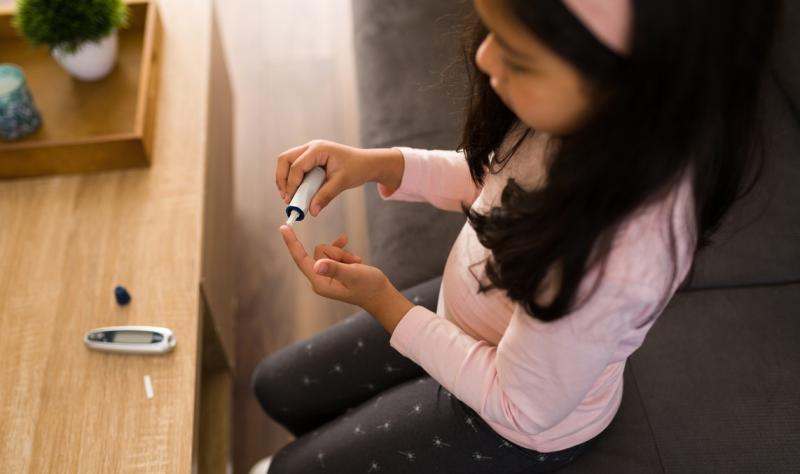I've been posting in this forum since August. I live in Germany, but was on holiday in the UK when I felt extremely ill and went to a private doctor to be tested. The results came back that afternoon — diabetes. All my blood results were so terrible that I was packed off to an endocrinologist immediately. Just over a decade ago, I'd had my pancreas resected because of cancer, so the provisional diagnosis was Type 3c.
I saw a German endocrinologist last week and he did abdominal imaging to confirm the diagnosis, and was really surprised to see that the surgery had only taken about 10-15% of my pancreas, and the remainder looked healthy. The next thing that happened was a Type 1 antibodies test.
Today it came back positive. I'm Type 1! I was flabbergasted, because I'm 50. They told me at the clinic that they have seen many patients over the age of 50 in the past year diagnosed with Type 1. There's something of a minor epidemic going on, all over the world. My clinic alone has seen 30 (30!!!!) new patients, all of whom are middle aged. The current theory is that Covid has triggered the disease.
Just incredible. But there it is!
Long story
I saw a German endocrinologist last week and he did abdominal imaging to confirm the diagnosis, and was really surprised to see that the surgery had only taken about 10-15% of my pancreas, and the remainder looked healthy. The next thing that happened was a Type 1 antibodies test.
Today it came back positive. I'm Type 1! I was flabbergasted, because I'm 50. They told me at the clinic that they have seen many patients over the age of 50 in the past year diagnosed with Type 1. There's something of a minor epidemic going on, all over the world. My clinic alone has seen 30 (30!!!!) new patients, all of whom are middle aged. The current theory is that Covid has triggered the disease.
Just incredible. But there it is!
Long story


